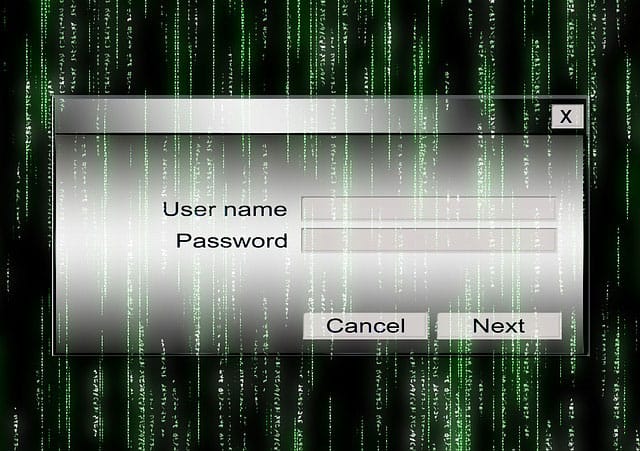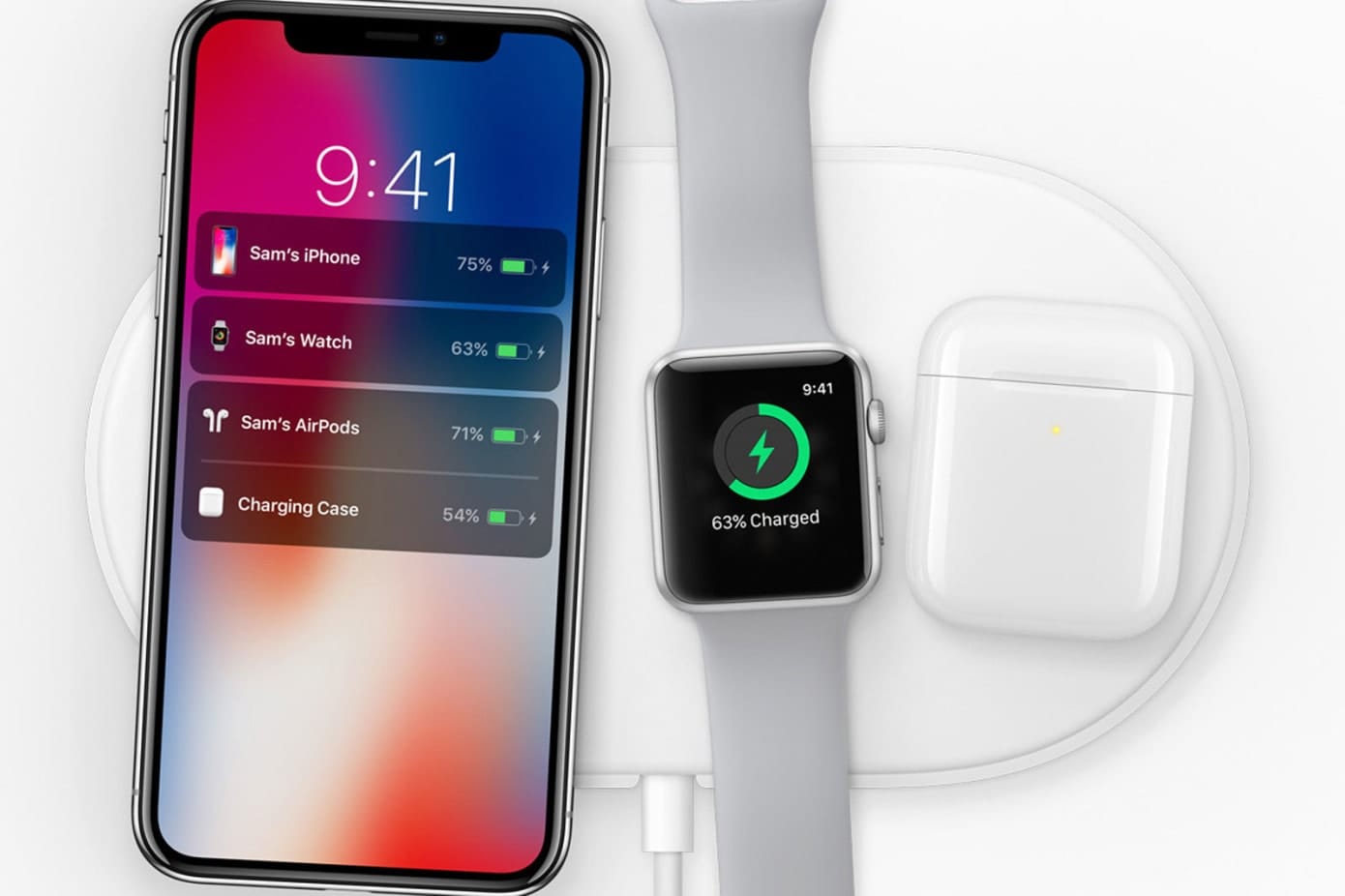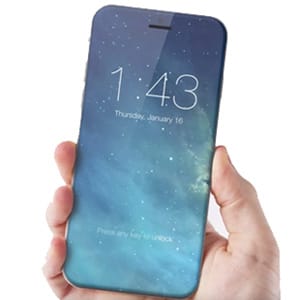
Our cell phones have become such integral parts of our lives that we rarely think about them. But, the recent spate of stolen celebrity photographs has made more people aware of their phones’ vulnerabilities. Luckily, there are a number of precautions you can take that will make your phone and your data safer:
Password Protect Your Phone
Cell phones are one of the most common items stolen in robberies, but, only 25 percent of smart phone owners password protect their phones. While it can seem inconvenient to have to enter a password or swipe a pattern every time you want to use your phone, this small act can save you from losing valuable banking data, private photos and other information if your phone is stolen.
Do Not Allow Automatic Connections
Check your phone’s settings. Many are automatically set up to enable automatic connections to nearby Wi-Fi and Bluetooth networks and devices. But, this leaves you vulnerable to spoofed networks. By only allowing a device to connect when you tell it to, you can prevent your phone from connecting and sending data without your knowledge.
Turn Off Automatic Uploads
Google+, Dropbox and other apps allow you to set your phone to automatically upload photos and videos. While it can be handy to have a backup in case your photos are lost, cloud services leave your private photos vulnerable to phishing and other hacker tricks. To find a balance, manually upload the items you want backed up and delete the rest.
Set Up Two-Factor Verification
Your email and social media accounts are often a goldmine for hackers because they contain so much personal information. Two-factor verification pairs good passwords with a second step such as a text message to your phone or an email to a different account. Having these in place means that, if one account is compromised, you won’t lose the rest.
When it comes to keeping your phone and your personal information safe, conscious use and common sense go a long way. Pay attention to the ways your information is vulnerable and be cautious about what you share to keep your personal information safely under wraps.




